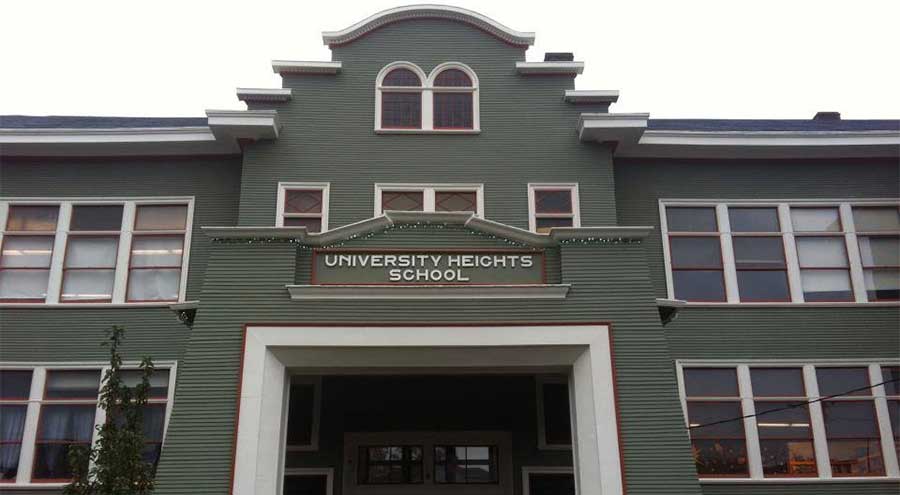Building Communities Fund

Capital Facilities Grants for Community-Based, NonResidential Community and Social Service Projects
Funding availability information
The 2025-2027 Building Communities Fund application opened June 20 and closes August 22 at 5:00PM
Commerce has opened the 2025-2027 funding round for the Building Communities Fund (BCF). The program awards state grants to Tribes and non-profit, community-based organizations to pay for up to 25% of eligible capital costs to acquire, construct, or rehabilitate non-residential community and social service projects.
Under exceptional circumstances, the state share of project cost may exceed these amounts. There is no minimum or maximum grant award amount.
To learn more about the program requirements, please click on the following links:
An On-Line BCF Workshop was held on June 26
- 2025-2027 BCF Virtual Webinar Recording (Vimeo)
- 2025-2027 BCF Tribal Virtual Webinar Recording (Vimeo) – Available upon request for Tribal members only
- 2025-2027 BCF Virtual Webinar Slideshow (PPT)
In-Person BCF Workshops were recently held in Seattle (July 9), Spokane (July 10) and Yakima (July 16)
Please click on the following link to access the ZoomGrants Application
Project Qualifications
This is a reimbursement-style grant for capital construction projects only. Operating costs are ineligible. It is funded through the sale of state bonds (no federal funds). Awardees are selected through a competitive grant application process conducted every two years by the Department of Commerce. Applicant projects must be located in a “distressed community” or serve a substantial number of low-income or disadvantaged persons.
Click on the links at right to see if your project is eligible to apply; you must only meet one of the criteria to be considered eligible.
The program was created by the Legislature in 2008 (RCW 43.63A.125) to provide a means of identifying qualified community and social service capital projects and providing capital support to nonprofit agencies and their partners to develop or improve these facilities. These investments will play a key role in improving the economic, social, and educational climate in distressed communities and other areas that serve low-income persons.
Eligibility Criteria
Need help? Questions regarding our upcoming BCF Workshops?
Woneata Stallworth
BCF Program Manager
woneata.stallworth@commerce.wa.gov
Phone: 564-233-1100
Program Staff
capprograms@commerce.wa.gov
Phone: 360-725-3075
